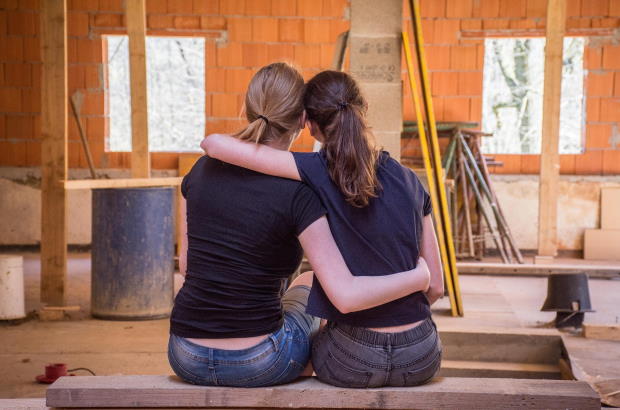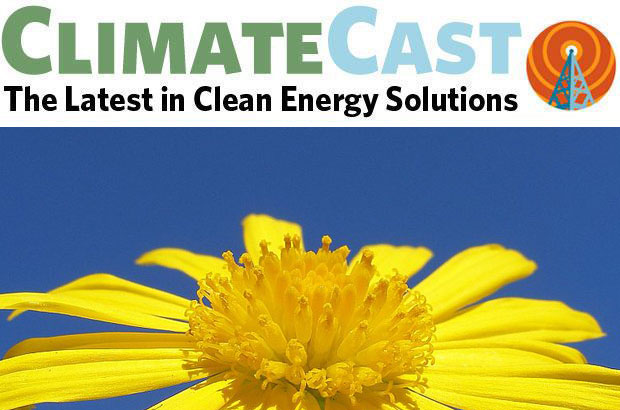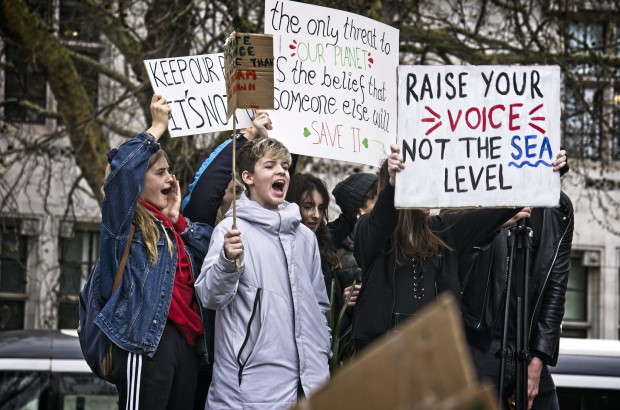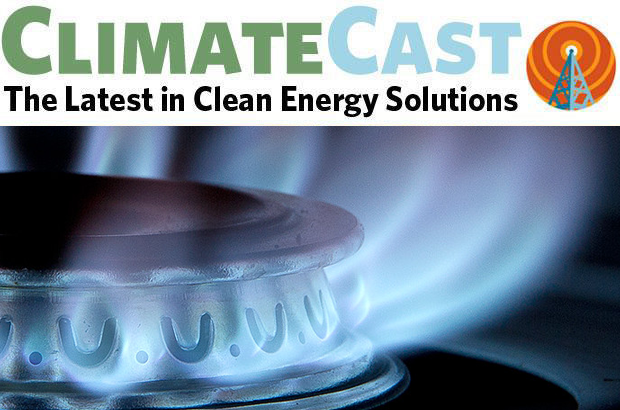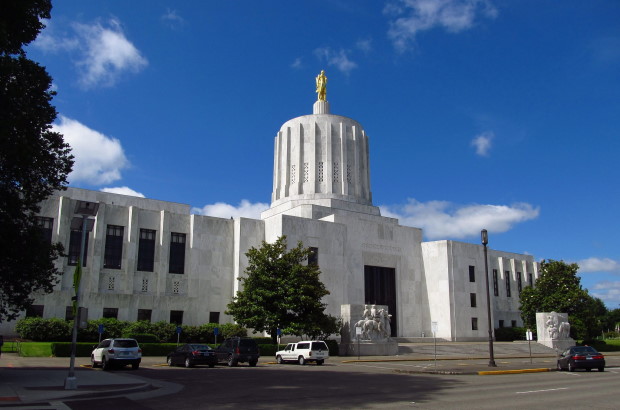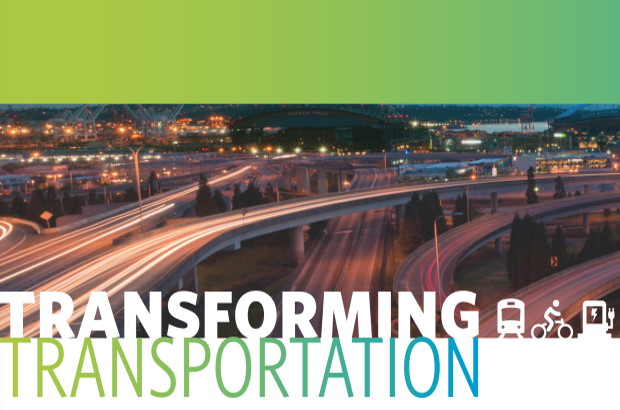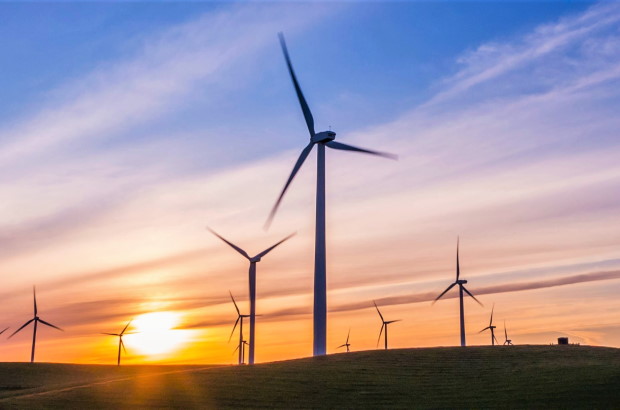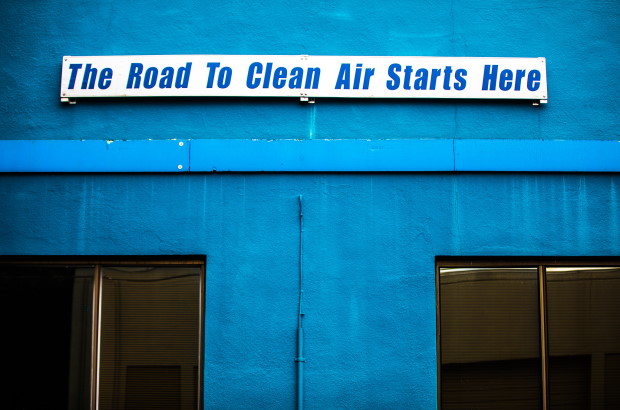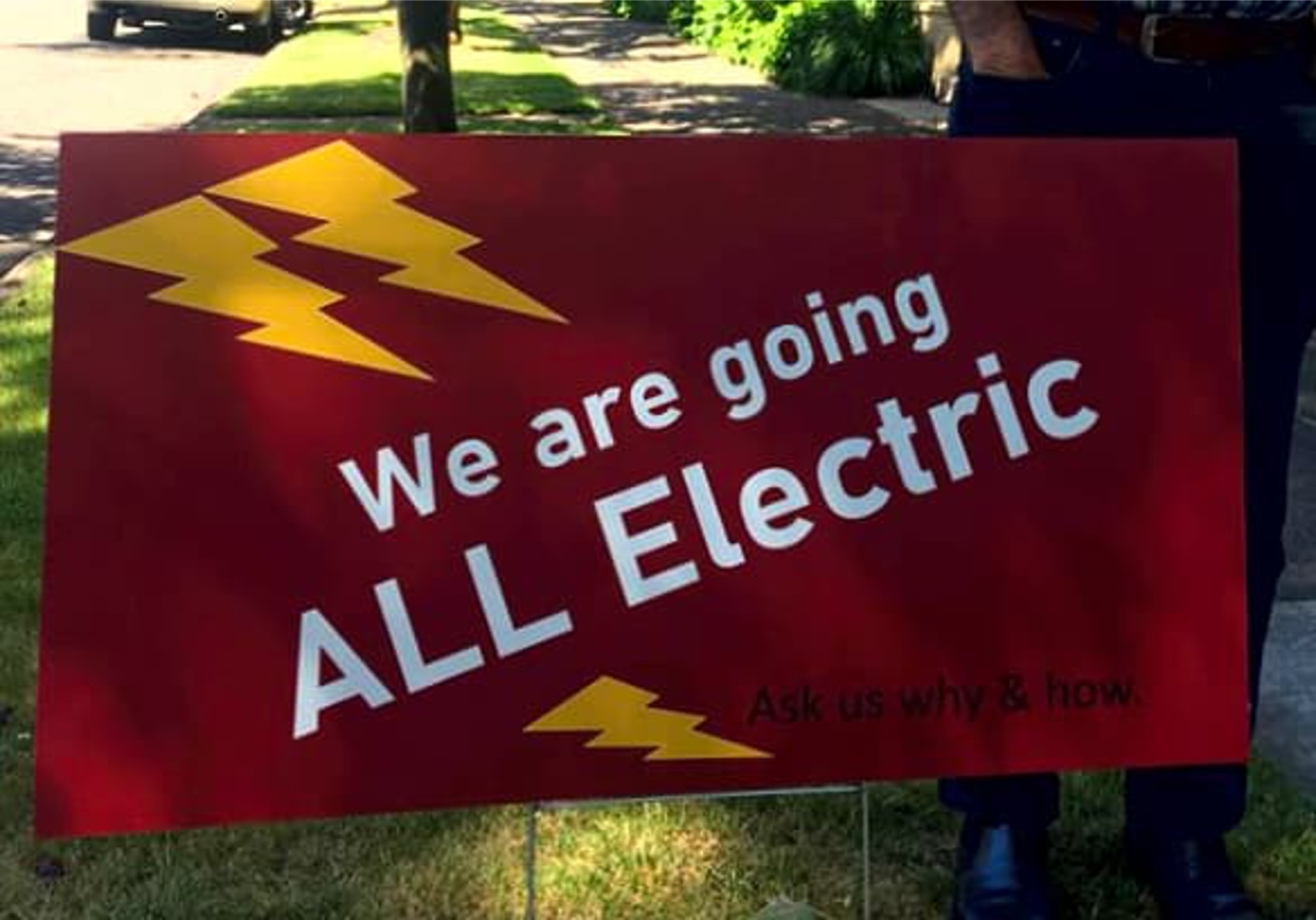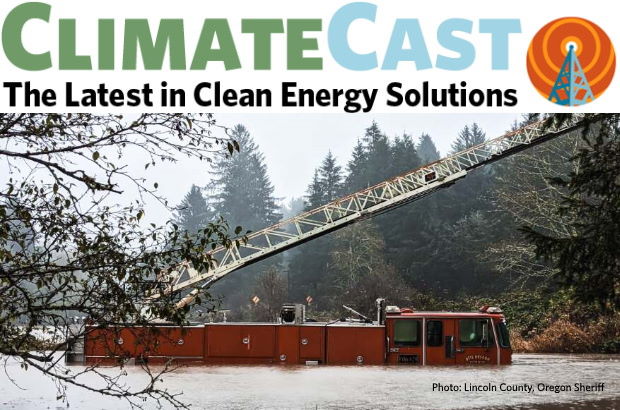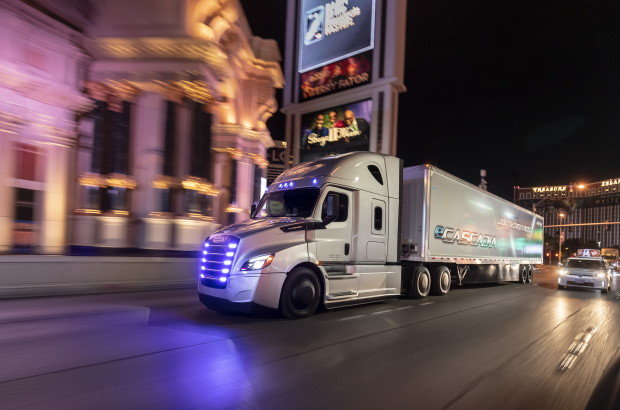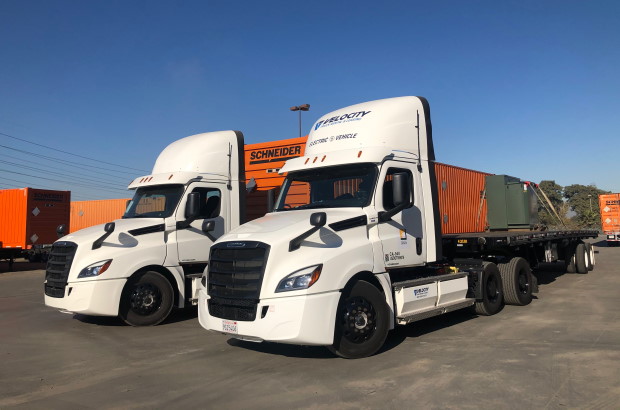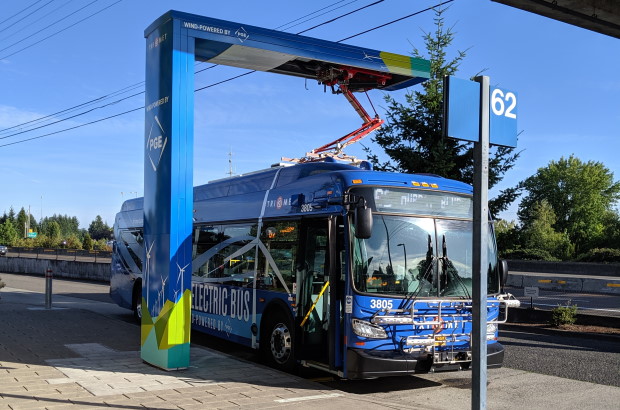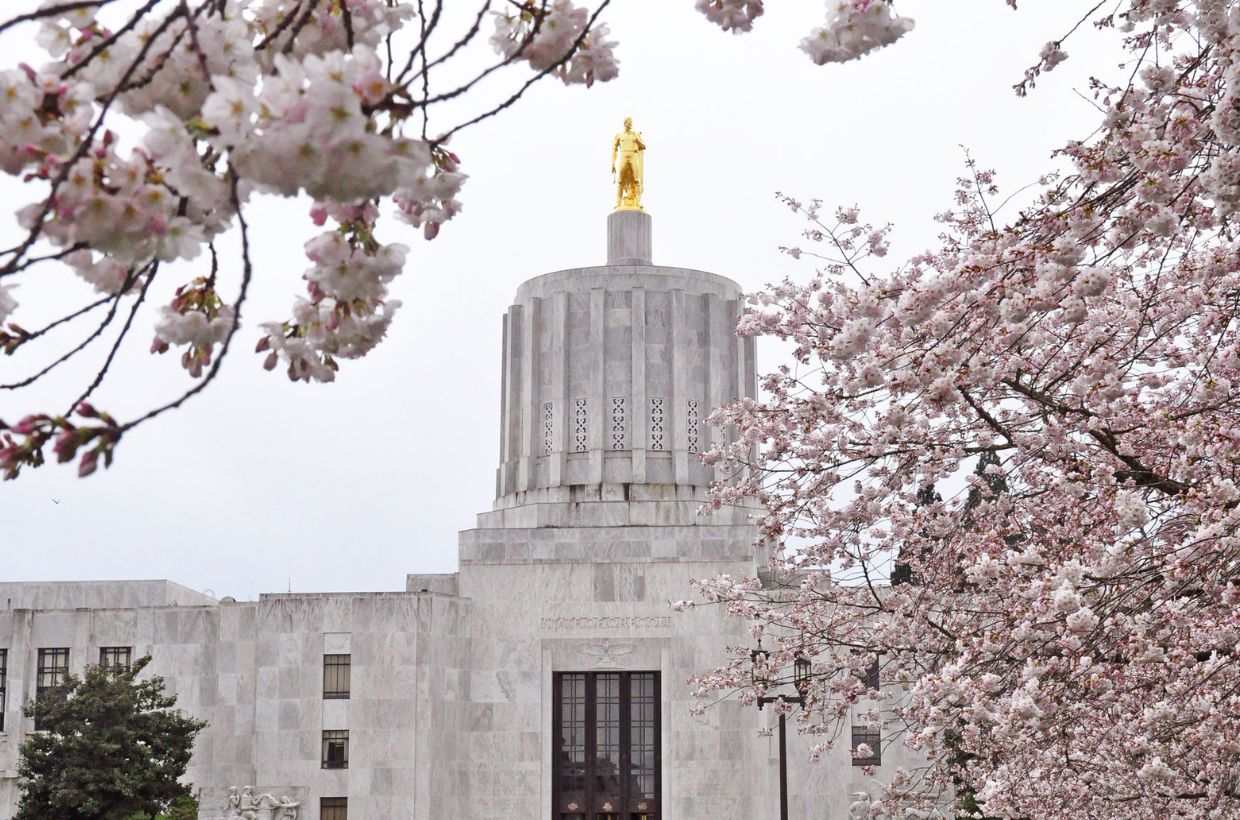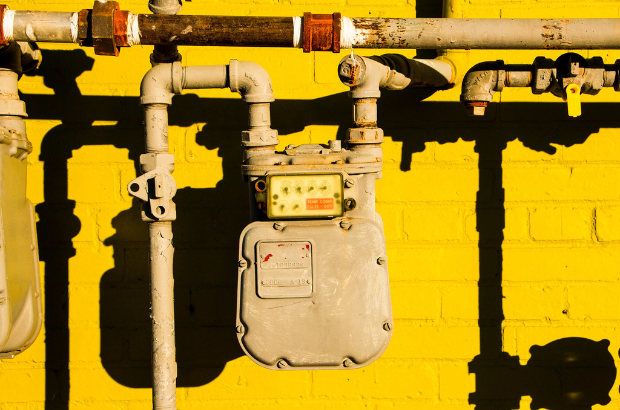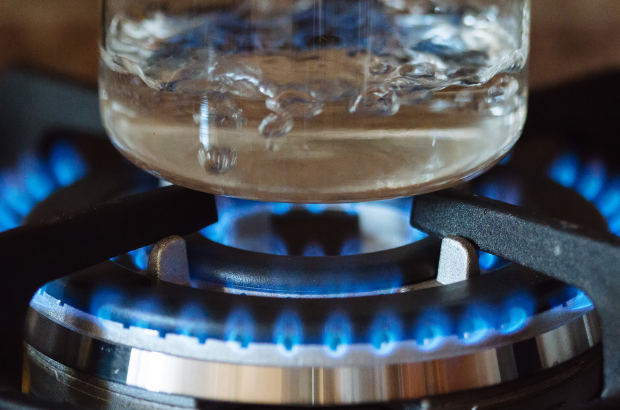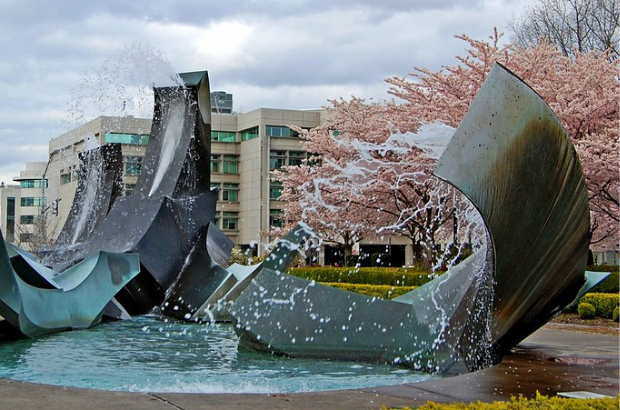Oregon State Government
by Jonathan Lee on
Thanks to robust advocacy efforts from climate, environmental, and community groups, legislators have passed an ambitious Climate Resilience Budget,…
by Jonathan Lawson on
In this week's ClimateCast: a grim new report from the IPCC; a fossil-fueled war in Ukraine; underwhelming action from the federal government, and…
by Greer Ryan on
Portland Public Schools is poised to demonstrate leadership in addressing the climate crisis in the classroom, with the community, and within their…
by Meredith Connolly on
Oregon's legislators heard your calls to address climate pollution from buildings—but it’s taking a new form. Also, don't miss updates on our…
by Jonathan Lawson on
In this week's ClimateCast: New research identifies hazards with home gas hookups, subsidies and technological advances are pushing EVs further…
by Meredith Connolly on
No corner of our state was left untouched by climate-fueled storms and harms last year.
by Meredith Connolly on
Numerous Oregon cities from Bend to Beaverton want to require stronger energy efficiency building standards, but Oregon’s existing state policies are…
by Leah Missik on
Transportation is the largest source of our climate pollution in the Pacific Northwest. With new research, Climate Solutions has evaluated options to…
by Kara Harvin on
Climate Solutions’ 350 Club members are an integral part of our organization and your help is needed to propel the transition to our clean energy…
by Meredith Connolly on
Earlier today, Oregon's Environmental Quality Commission just approved new rules that will help hold Oregon's industrial polluters accountable.
by Greer Ryan on
Oregon PUC regulators are tasked with figuring out how to protect customers and reduce risk, while gas utilities grapple with how to meet climate…
by Jonathan Lee on
Harrowing floods in the PNW, a wrap-up of the COP26 conference, and some federal progress on climate.
by Victoria Paykar on
Earlier today, Oregon's Environmental Quality Commission voted to pass the Clean Truck Rules that will help us transition to zero emission trucks and…
by Victoria Paykar on
On November 17th, the Oregon Environmental Quality Commission will vote on whether to adopt Clean Truck Rules that have the tremendous opportunity to…
by Jonathan Lee on
Oregon’s largest public transit agency has committed to fueling its existing fleet of transit vehicles with renewable diesel, as part of its…
Give for a brighter future
Connect
Join our email list to learn about what we do and how to get involved.
2025 OR Policy Notes
Stay tuned for further updates!
